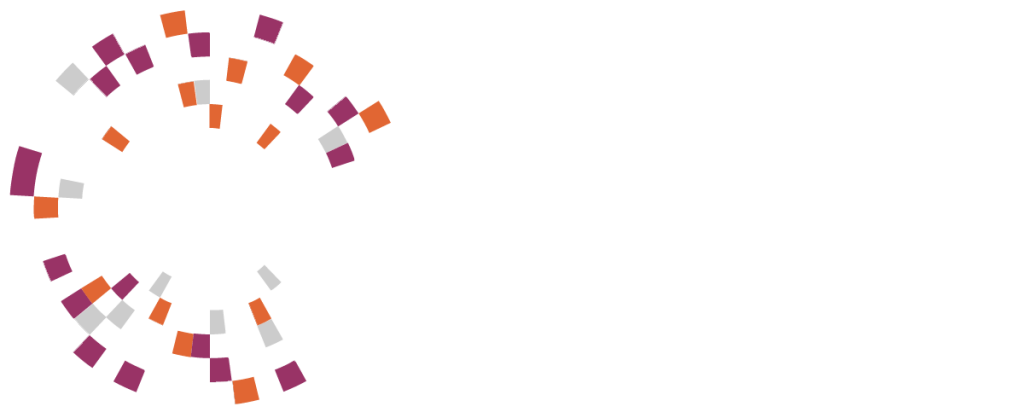Introduction
The middle market has undergone a transformative shift by integrating ESG considerations into investment strategies. Investors have recognized the importance of incorporating ESG factors into decision-making for ethical reasons, risk management, and long-term value creation.
This article delves into the current state of ESG due diligence in the middle market and its probable future.
Current Landscape of ESG Due Diligence in the Middle Market
In recent years, ESG due diligence in the middle market has evolved, and investors understand that ESG practices are essential for evaluating organizational resilience, growth potential, and alignment with broader societal expectations. The current landscape reflects a growing awareness of ESG risks and opportunities, compelling investors to seek a fine understanding of middle-market companies.
1. Data Accessibility and Quality:
The accessibility of ESG data and it’s quality has significantly shaped the current due diligence landscape. With the high demand for ESG information, there is a lot of emphasis on improving the availability and reliability of underlying data. Companies increasingly disclose ESG data with a core focus on standardization and transparency in reporting, and third-party providers are enhancing their capabilities to deliver comprehensive ESG datasets.
2. Integration into Investment Strategies:
ESG considerations are integral to due diligence and are integrated into overall investment strategies. Investors recognize that strong ESG performance indicates effective management, risk mitigation, and long-term financial resilience. As a result, due diligence processes adapt to systematically assess ESG factors alongside traditional financial metrics.
3. Regulatory Developments:
The regulatory landscape is key to shaping ESG due diligence practices. Governments emphasize sustainability and responsible business practices, leading to more stringent ESG disclosures and reporting regulations, prompting investors to enhance their due diligence processes for compliance with regulatory frameworks.
4. Materiality Assessment:
Materiality assessments have become a crucial aspect of investment evaluation, with investors now prioritizing ESG factors that are most relevant to a particular industry or company. This discerning approach recognizes that not all ESG considerations hold equal weight across diverse sectors, enabling more targeted and relevant due diligence. By aligning the assessment with the specific challenges and opportunities of the middle-market company, investors can confidently evaluate the company’s potential and make informed investment decisions.
5. Stakeholder Engagement:
Effective due diligence involves robust stakeholder engagement and investors are scrutinizing companies’ internal ESG practices and their broader impact on stakeholders, including employees, communities, and suppliers. This holistic perspective is vital for understanding the company’s ESG performance and its implications for sustainable and responsible investment.
The Future Trajectory of ESG Due Diligence in the Middle Market
We anticipate several trends that can shape ESG due diligence in the middle market, influencing how investors assess and integrate ESG considerations into their decision-making processes.
6. Increased Standardization and Reporting Consistency:
The anticipated trends include increased standardization of ESG reporting. Recognizing the value of consistency and comparability in ESG data, efforts will focus on establishing industry-wide standards that simplify the due diligence processes, enabling more informed comparisons across middle-market companies.
7. Technological Advancements:
Technological advancements, including artificial intelligence and machine learning, will play a significant role in ESG due diligence, allowing investors to extract meaningful insights through enhanced efficiency and depth of data analysis. The automation achieved from AI will streamline the due diligence process, making it more scalable and responsive to evolving ESG trends.
8. Focus on Impact Measurement:
The future of ESG due diligence will focus on impact measurement, with investors seeking sophisticated methods to assess the tangible impact of company ESG initiatives on financial performance and broader societal and environmental goals. Impact measurement frameworks will be integral in evaluating the effectiveness of a company’s sustainability efforts.
9. Integration of Scenario Analysis:
Scenario analysis, assessing how companies would fare under different ESG-related scenarios, will gain prominence in due diligence, with investors using it to evaluate a company’s resilience to potential ESG risks. This forward-looking approach will enhance the predictive capabilities of ESG due diligence.
10. Collaborative Initiatives:
Collaborative initiatives between investors, companies, and regulatory bodies will drive the future of ESG due diligence. The middle market, characterized by diverse companies, will see collaborative efforts aimed at sharing best practices, refining assessment methodologies, and addressing industry-specific ESG challenges. Such initiatives will contribute to a more standardized and comprehensive approach to ESG due diligence.
About Liquid Sample
With more than thirteen years of experience in the industry, Liquid Sample offers tailored mixed-mode research approaches to achieve its client’s research objectives.
Drawing on first-party databases and extensive expertise in custom-recruiting niche B2B audiences, the company is pivotal in supporting qualitative research, ranging from in-depth interviews (online in-depth interviewing, telephonic in-depth interviewing, or in-person interviewing) and online focus groups.
Conclusion
The trajectory of ESG due diligence in the middle market reflects a broader paradigm shift in investment practices. Investors increasingly recognize that a robust understanding of a company’s ESG performance is a strategic necessity.
The future of ESG due diligence will be marked by enhanced data quality, technological advancements, impact measurement, and collaborative initiatives. As ESG considerations continue to shape the investment landscape, middle-market companies prioritizing sustainability and responsible business practices are likely to attract investors seeking both financial returns and positive societal impact.


















